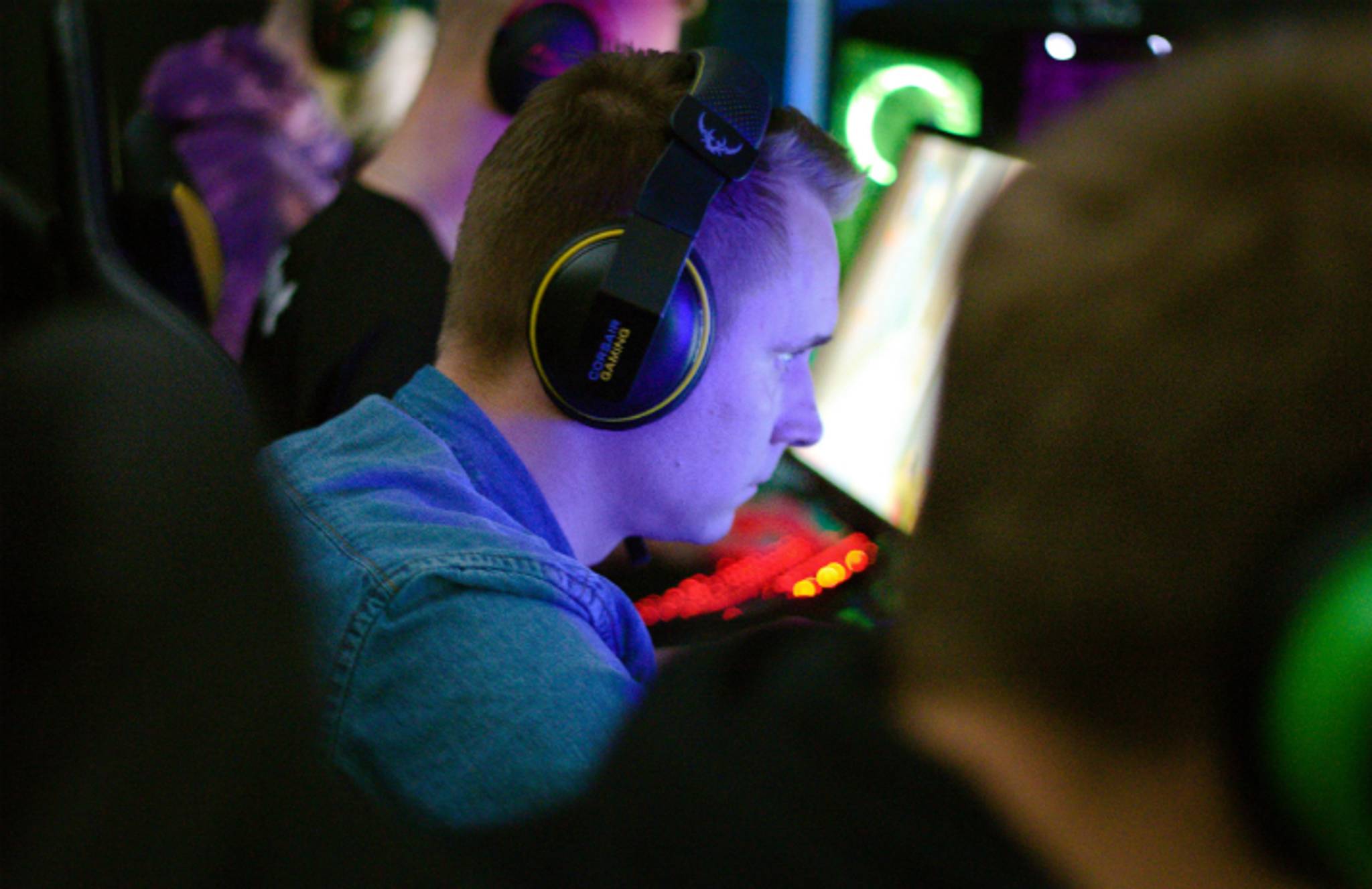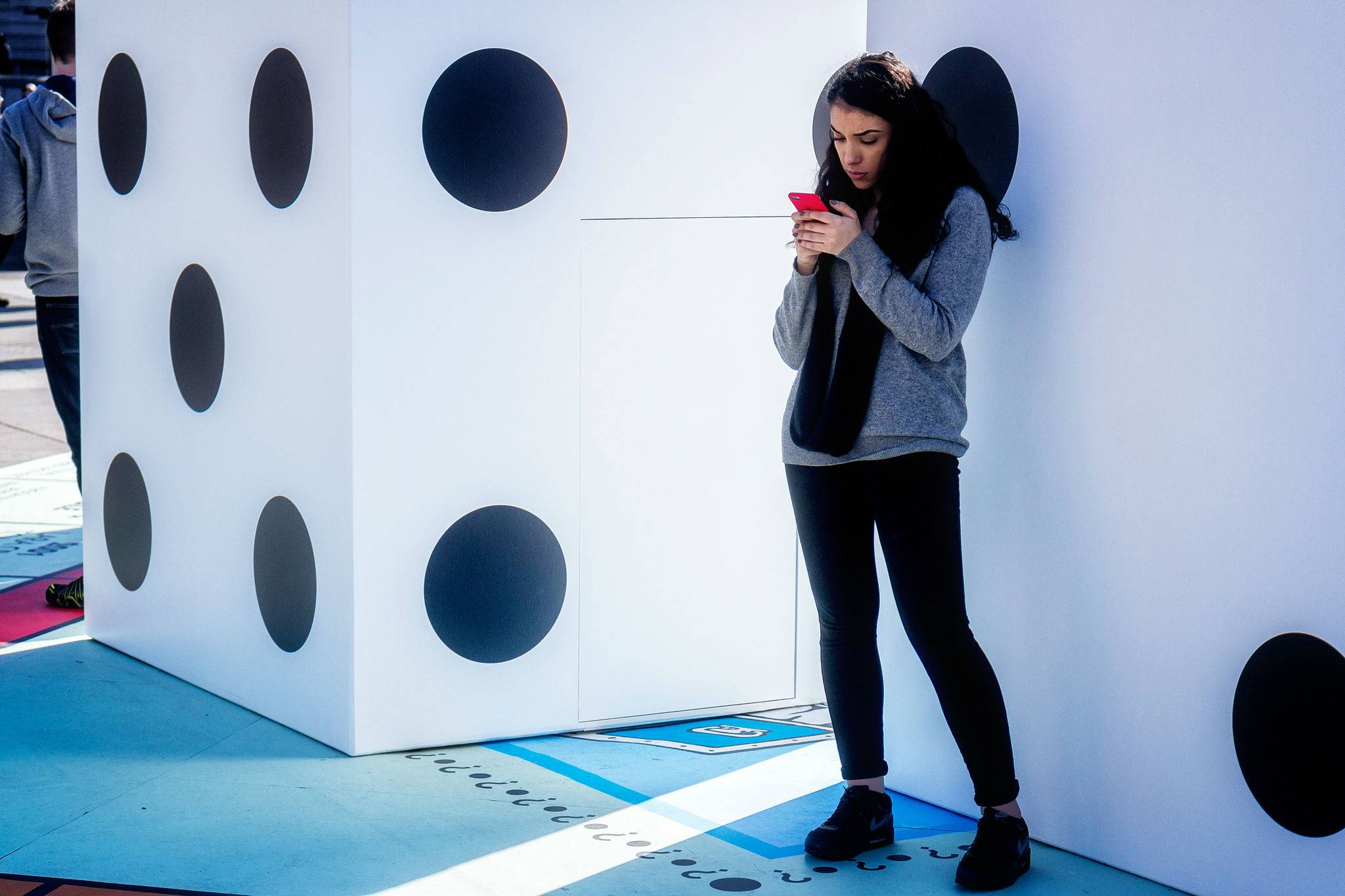
Game developer Panic has released the Playdate; a handheld console limited to 12 games, allowing gamers to disconnect from constant entertainment seeking, while discovering new games released weekly over a season. This allows gamers to relax into indie games intended as genuine novelties. We explore the insights behind this and why Panic is releasing a pre-loaded games console.
"Playdate isn't trying to compete with the other devices that we already play and love,” explain Panic. “It's designed to deliver a jolt of fun in between the times you spend with your phone and your home console; something to fill the moments when you just want a game you can pick-up and play." With the indie games market worth approximately a third of the games market at $1bn in sales, offering serendipitous discovery via a custom release system is a great way to tap into the indie games market. The product is explicitly designed to be novel, with Panic that: "Some [games] are short, some long, some are experimental, some traditional. All are fun.". With the Playdate hailed as one-of-a-kind, consumers seeking a unique play experience are likely to enjoy the brand’s niche approach to gaming.
As accessibility and ease increases through smartphone apps, people are using games to combat stress and boredom. The high price of console games (typically $60 each) could be driving people towards more affordable novelty games on small handheld devices. As people increasingly seek to disconnect from their phones – half of smartphone owners have tried to reduce their usage – dedicated devices such as the Playdate are likely to be popular through their offering an undisturbed game experience. Brands offering spontaneous discovery through subscriptions, such as Scentbird, also benefit from the enjoyment derived from anticipating tangible rewards on a predictable basis. With games traditionally accessible 24/7 after release, the controlled-release model of the Playdate successfully sits at the apex of the desires of gamers, to avoid boredom, unplug and outsource the need to research new games to play.
Kezia Sullivan is a Junior Behavioural Analyst at Canvas8, with an MSc in Social Cognition, Research and Applications from UCL. She’s previously worked as an event organiser and freelance writer, and in her free time enjoys riding horses and rock climbing.



